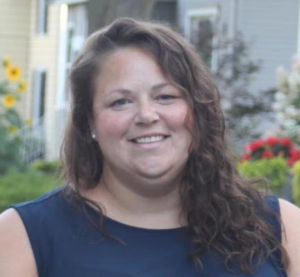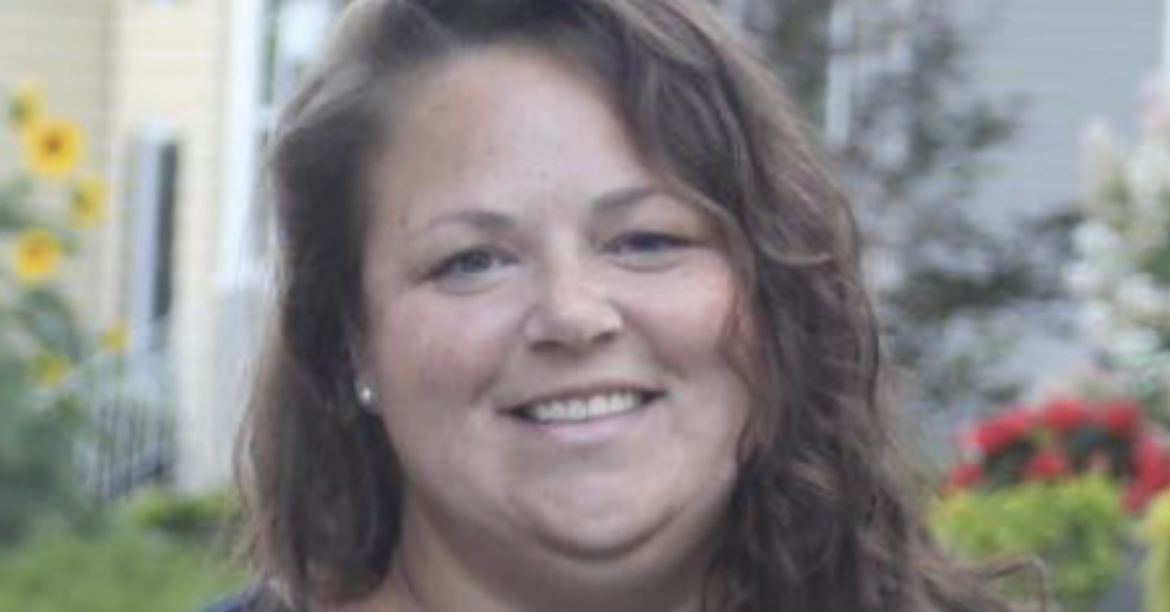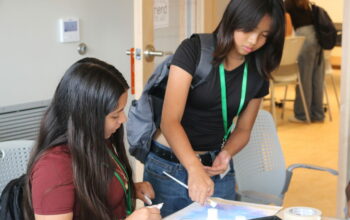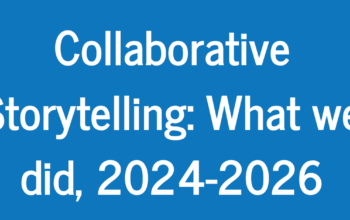WMF Wisconsin, formerly The Women’s Fund, has hired its first-ever Executive Director, Ali Muldrow, to tackle the barriers that have been imposed on the abortion rights of Wisconsinites.
“There’s not a single person who asked us for help paying for an abortion that we did not support in the year 2023,” Muldrow said.
Along with financial barriers, educational, geographical and political barriers are being eliminated too.
Organizations such as Planned Parenthood, Public Health Madison Dane County and WMF Wisconsin have all been working hard to improve access to reproductive care. This is being done through establishing targeted programs, educating people on reproductive health and actively attempting to change policies and laws that further create legal barriers.
Planned Parenthood
Analiese Eicher, the director of communications for Planned Parenthood, has had plenty of experience working with advocacy organizations, including One Wisconsin, and as a member of the board for Dane County.
“Access to health care in our state is an issue,” Eicher said. “But abortion care is even more so, in part because of the number of laws and restrictions that are imposed on this type of health care by the state legislature.”
Fifty years of legal protection was lost in June 2022 when Roe v. Wade was overturned. Following the decision, Wisconsinites lost access to abortion care for 15 months, until September 2023 when Planned Parenthood resumed providing abortions at just two locations, one in Milwaukee and one in Madison. By December 28, 2023, Sheboygan Health Center was able to offer medical abortions.
In 2021, 69,186 individuals had induced abortions, according to the Wisconsin Department of Health Services. During this time before the overturning of Roe v Wade, three clinics provided abortion care in Wisconsin, one in Milwaukee, one in Madison, and one in Sheboygan.
Eicher also noted that educational barriers prevent some women from attaining abortion services. For this reason, Planned Parenthood’s Patient Navigator Program strives to answer questions and give educational guidance to individuals in need of assistance.
“Every single person at Planned Parenthood of Wisconsin is dedicated to making sure that a patient has a good experience,” said Eicher. "Our patients are at the center of every single thing that we do.”
While Planned Parenthood is working to increase access to abortion care in Wisconsin, there are still hurdles that need to be jumped in order to make the experience better for the patient.
Women’s Medical Fund
Muldrow is a lifelong Madison resident who has worked to provide a better future for her community. In her previous experience working with GSAFE, she provided care for LGBTQ+ youth, and now, through WMF Wisconsin, she helps women secure financial and educational access to abortion.
WMF Wisconsin was founded in 1972 and has provided financial support for Wisconsin residents for over 50 years, according to WMF’s website.
“It’s very satisfying to be able to know that anybody who asks us for help, anybody who asks us for resources, we give them to because we have the resources to help people,” said Muldrow.
Other barriers that directly impact individuals’ ability to access abortion care are policies that are designed to prolong the time it takes to get an abortion, which impacts the kind of treatment a person can receive.
In Wisconsin, these policies can make getting an abortion traumatizing, through methods like forcing someone to listen to a heartbeat or forcing someone to have a vaginal ultrasound, according to Muldrow.
“Most people feel incredibly violated in terms of their body and their rights. I think the restrictions we have now don’t only delay a person’s access to an abortion, they force people to jump through hoops that are demoralizing and humiliating,” said Muldrow.
WMF also funds abortions for Wisconsin residents seeking abortions in Minnesota and Illinois, where there are fewer restrictions and the process of receiving an abortion is typically quicker.
“The fact that you can go to Illinois and have an abortion with one appointment will continue to be a reason why Wisconsin residents prefer Illinois when they’re navigating their reproductive rights,” said Muldrow.
WMF is working to expand access to abortions across the state of Wisconsin, but also specifically targeting areas that have less access to information about reproductive rights.
In Madison, where abortion access is geographically available, strides are being made to increase access and education to reproductive health.
Public Health Madison and Dane County
Sarah Hughes, a public health supervisor for Public Health Madison and Dane County, has had firsthand experience working as a nurse for UnityPoint Health, Monona Grove School District, Public Health Madison and Dane County. While Public Health does not perform abortions, they do work to provide access to information about pregnancy options.
One of the ways that they are able to do so is through their Nurse Navigator program. This program is designed to provide all-options pregnancy counseling, resources and education for anyone who needs support with a pregnancy or their sexual health.
“We offered this service to meet a need after Roe v. Wade was overturned, but it’s really showing us that there's this bigger need for reproductive health, education and information that’s not just tied to abortion access, but across the spectrum from contraception and preventing pregnancy to options related to pregnancy,” said Hughes.
Another way that Public Health is expanding access is by expanding its sexual and reproductive health clinic to East Washington Avenue. For that clinic, they expanded their hours, hired another nurse practitioner and now offer forms of long-acting reversible contraception, like IUDs.
Hughes mentioned that while the challenging parts of her position are facing big systemic issues that can feel out of control, this pales in comparison to the rewarding parts of her work.
“I love this job because I get to feel like I have an impact in our community,” said Hughes. “We’re helping real people who are facing real hardships.”
The Nurse Navigator program is free, confidential and able to be reached via phone call, text or in person. The number to contact them is (608) 690-0893.






